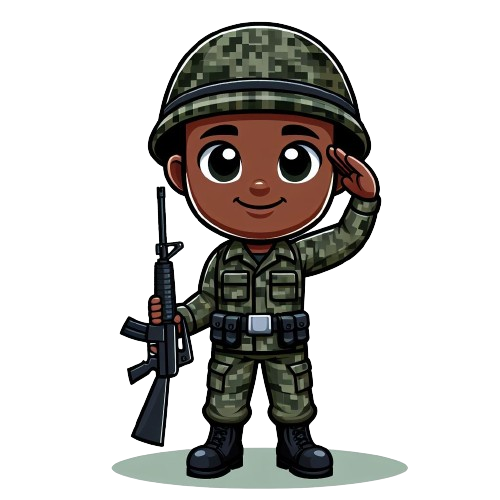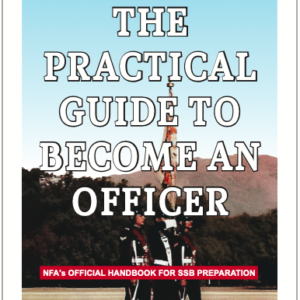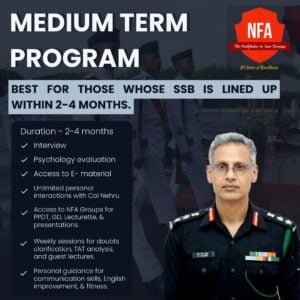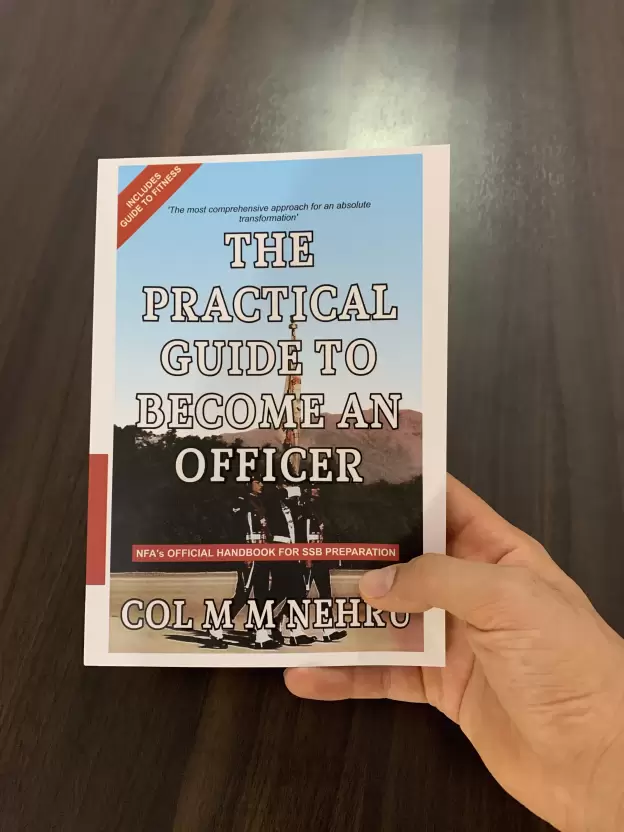From Jalandhar, I moved to Arunachal Pradesh as the Officer Commanding (OC) of our unit, a role that came with its own unique challenges and rewards. It was an experience that tested my leadership, physical endurance, and ability to inspire others. I would like to share some of the memories from my time there.
Aim: Scaring the Newcomers
High Altitude Areas (HAA) are physically demanding, and a general tendency exists to scare newcomers into believing how tough these regions are. This is often done to enhance the prestige of those serving in such areas. Our unit was no exception. Having served in North Sikkim before, I was well-prepared to lead our advance party into the region, but the majority of our unit had no prior experience in such challenging environments. To tackle this, I took several measures to break the fear and raise morale.
Tough Training at the First Stage of Acclimatization
I devised a rigorous physical fitness schedule, including regular runs and tough marches, which are generally avoided in such areas. Every fortnight, troops carried their belongings and completed a 20 km march. I ran 12 km daily—6 km downhill and 6 km uphill—as part of my own training.
Setting the Standard: The CO’s Challenge
The outgoing CO had a reputation for being tough, and this image was maintained through records that highlighted his superhuman feats. When we walked from the second stage of acclimatization to Yangtze, a distance that took 7 hours and 30 minutes for the outgoing CO, I covered the same in 5 hours and 30 minutes. This act helped break the “superman” myth and set a new standard for our unit.
Medical Training
I ensured that medical training was an ongoing process for our troops. With two doctors in the unit, one stationed at the base camp and the other at Yangtze, we conducted regular sessions on battlefield nursing. My previous experience, including a High Altitude Warfare School course, helped me guide the troops through these trainings effectively.
Alcohol Consumption: My Stand
A common misconception in cold climates is that alcohol consumption is beneficial. I banned alcohol for three months and limited it to one peg per day, served only during the daytime.
Results of Fitness & Medical Training
As a result of these measures, our unit was the only one without a single casualty due to High Altitude Pulmonary Edema (HAPO) or High Altitude Cerebral Edema (HACO). While my approach was sometimes unpopular, I felt it was my responsibility to train our troops for the harsh realities of war in such a demanding environment and ensure their safety.
Poor State of Administration
The unit we were relieving had left behind several logistical challenges, and we had to address these promptly.
Mechanical Transport (MT)
The state of the unit’s Mechanical Transport was poor, with excessive kerosene mixed into diesel to aid engine startups in cold weather. We adopted a better approach by starting engines at night to keep them warm and maintaining our vehicles more effectively.
Ration Stocking & Jerry Cans
The state of ration storage and back-loading was in disarray. I turned the task of carrying rations from the Dropping Zone into a competitive game. I personally participated in carrying the rations, and soon, the troops joined in with enthusiasm, creating heroes within our ranks.
“Bukhari” Usage
I took strict measures regarding safety protocols for the use of “bukharis” (heaters), ensuring that kerosene containers were kept safely away from any source of flame to prevent accidents.
Quality of Food
Despite the harsh conditions, I ensured the troops had high-quality food by judiciously using the condiments and allowances available. We also grew our own vegetables, such as onions and spinach, and maintained high standards of nutrition.
Drinking Water
The water available from rivers and melting snow was often unclean, so I implemented a filtration system at each location to ensure safe drinking water for the troops.
Drastic Change in Culture: Yangtze
When I arrived at Yangtze, the routine there was unproductive and lethargic. Officers typically woke up late, with their first meal being brunch at 11:30 AM. There was no clear plan for observation posts or effective use of time. I quickly changed this by starting my reconnaissance missions at 5:30 AM, involving the troops in physical training, and encouraging a more proactive approach. Within a week, the culture at Yangtze had drastically improved.
Second Trip for Kerosene Oil
During our initial move to Yangtze, heavy snowfall had prevented us from reaching Lungro GG by road. After hours of walking, I volunteered, along with a few others, to make a second trip for kerosene oil, despite the extreme conditions. This effort helped build trust and camaraderie within the team.
Hygiene and Porters
In my first climb to Yangtze, I noticed poor hygiene among the troops, who were using improvised lamps that had blackened the walls of their tents. I immediately banned these lamps and took steps to improve hygiene, resulting in a noticeable change in the appearance and morale of the troops.
Sunday: Volleyball Matches
Every Sunday, we played volleyball between the posts at Yangtze, Mera La, and Thang La. The games were not just fun but also became an important part of our routine, helping us bond as a team and stay fit despite the harsh conditions.
“Don’t Need Your Defensive Battle Plan”
Our unit’s handing-over process was not smooth. The outgoing CO, who had little operational experience, refused to hand over the battalion’s defensive plan to me. With my years of operational planning experience, I wrote my own plan instead. This further emphasized my leadership style—take charge, and always be prepared to lead, regardless of external challenges.
Butter as Per Scale
During my time as part of the advance party, I noticed that the troops under the administrative command of another unit were not being given butter as per scale. After raising the issue, I was able to ensure that the proper supplies were distributed, improving the morale of the men.
CO: “I Am Patient; You Command the Unit!”
After my CO reported sick and was evacuated, he told me to command the unit. It was an unexpected but welcome opportunity, and I was proud to take on the responsibility. I had already been leading the unit informally for years, so assuming formal command was a smooth transition. The next phase of leadership would prove to be a defining chapter in my career, which I will discuss in my next blog.

Col. MM Nehru
While in the Army as a Colonel, Judged Reality Show, “Mission Army-Desh ke Rakshak” of National Geographic in 2011.
Selector for Defence Services at 17 SSB, Bangalore.
SPORTS & FITNESS RELATED EXPERIENCE: Trained Services/ national/international level boxers. Trained Services athletes.
Top level Tennis player in India (above 55 years age category).









